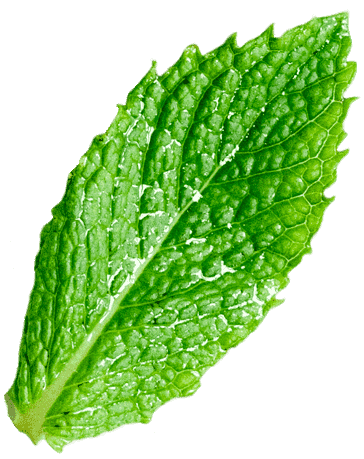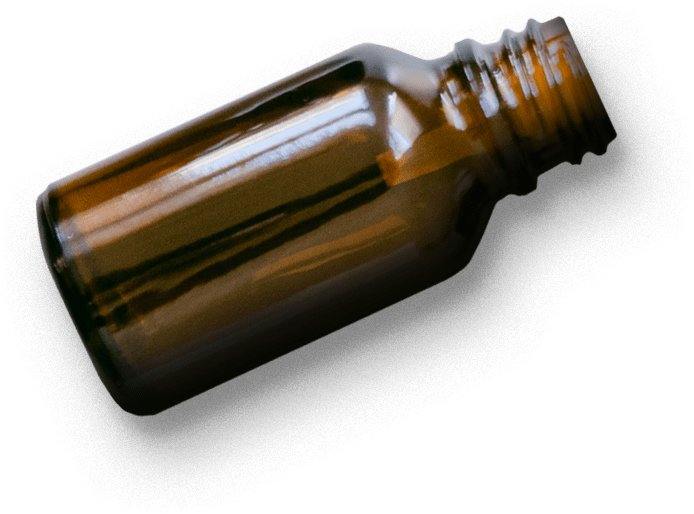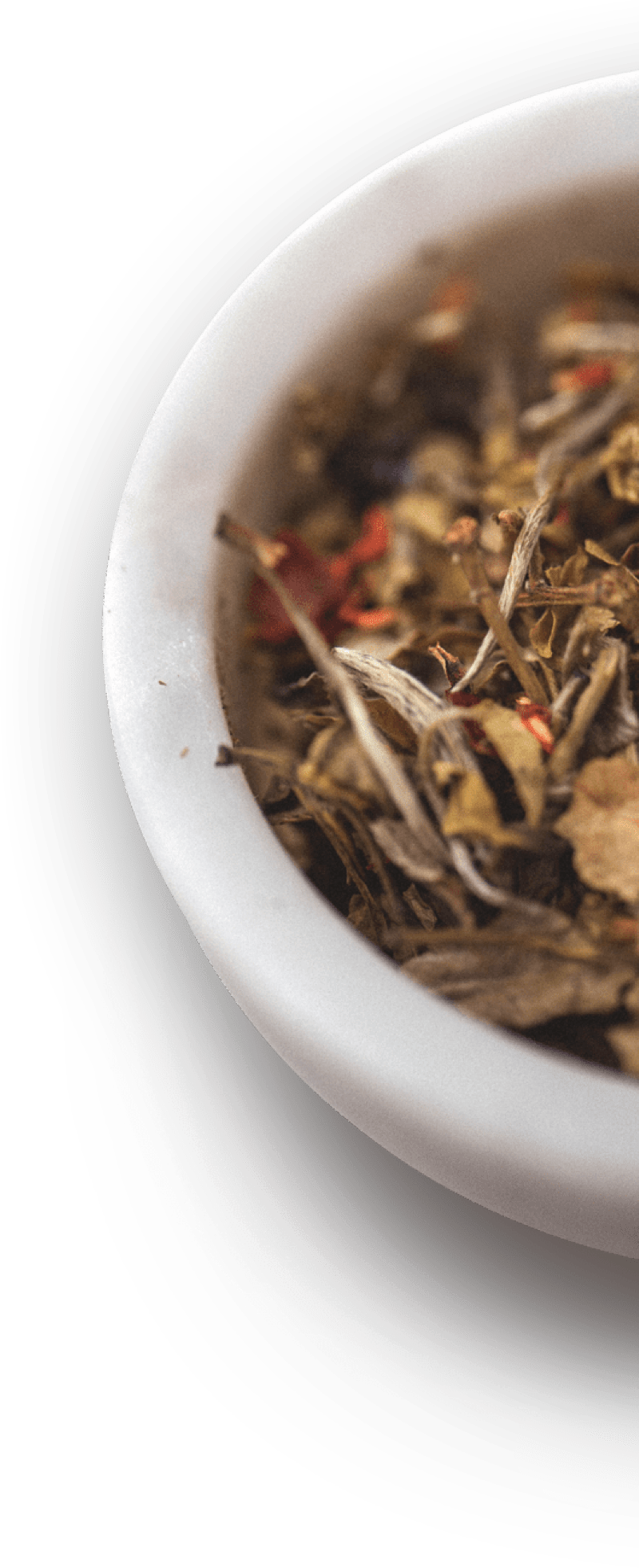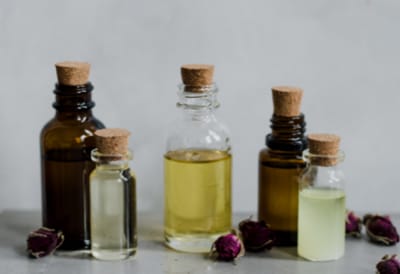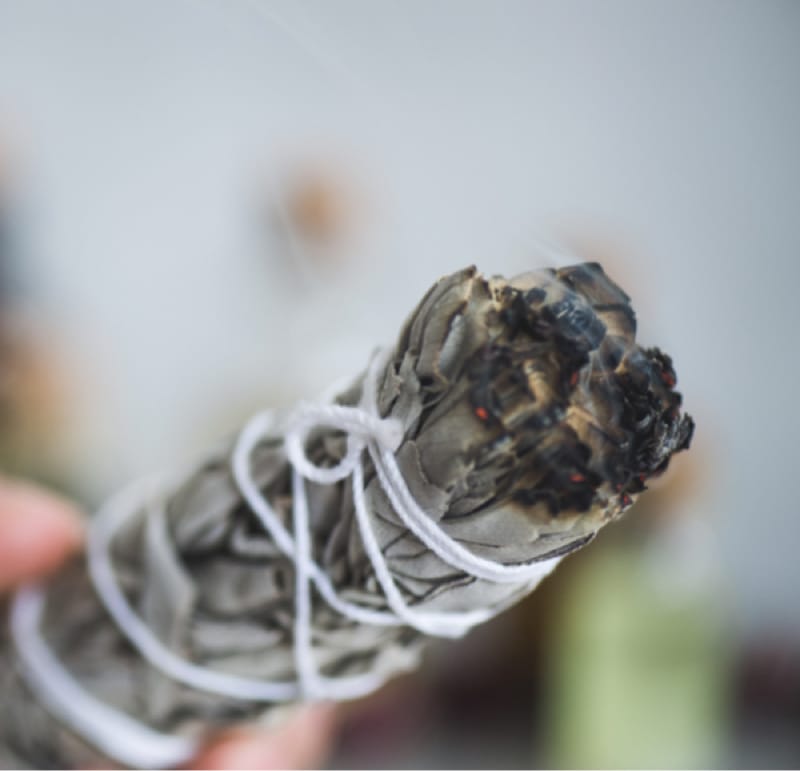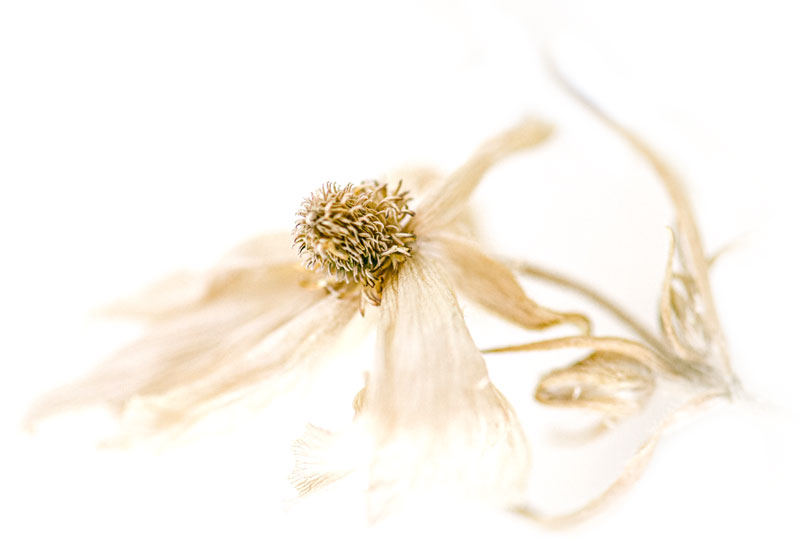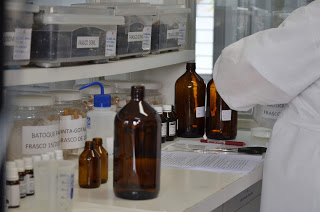
The German homeopathy blog HomoeopathieWatchblog has an interesting interview with Birgit Gnadl, a well-known specialist in animal homeopathy.
In this interview she reports that in 1977 a working group was started in a Bavarian Agricultural Office, with the union of a homeopath and a farmer. It is emphasized that about 80% of antibiotics can be saved with the use of homeopathy.
The interest of farmers in Germany, Austria, Tirol, and Switzerland is obvious since 480 million liters of milk must be discarded every year because of the use of antibiotics, mainly in bovine mastitis. This volume of milk corresponds to a value of 144 million euros.
The working group still exists today. It is held several times a year, with 100 participants each. With Traunstein as a model, another 10 regions followed with their own working groups, predominantly in Bavaria. In Bavaria, about 10,000 farmers out of a total of 30,000 farmers have already moved.
Using antibiotic treatment, about 480 million liters of milk worth 144 million euros a year must be discarded, resulting in great damage to farmers. In addition to the financial savings in relation to the cost of conventional treatment and the non-disposal of milk, the entire recycling economy on the farm is improving.

Fewer antibiotics in the mud, better soil health, less groundwater pollution. In the seminars, farmers acquire a new or rediscovered awareness of cycles on their own farms. By the number of farmers involved, reducing the use of conventional medicines, we can understand the reaction of the pharmaceutical industry, conducting orchestrated TV and radio.

